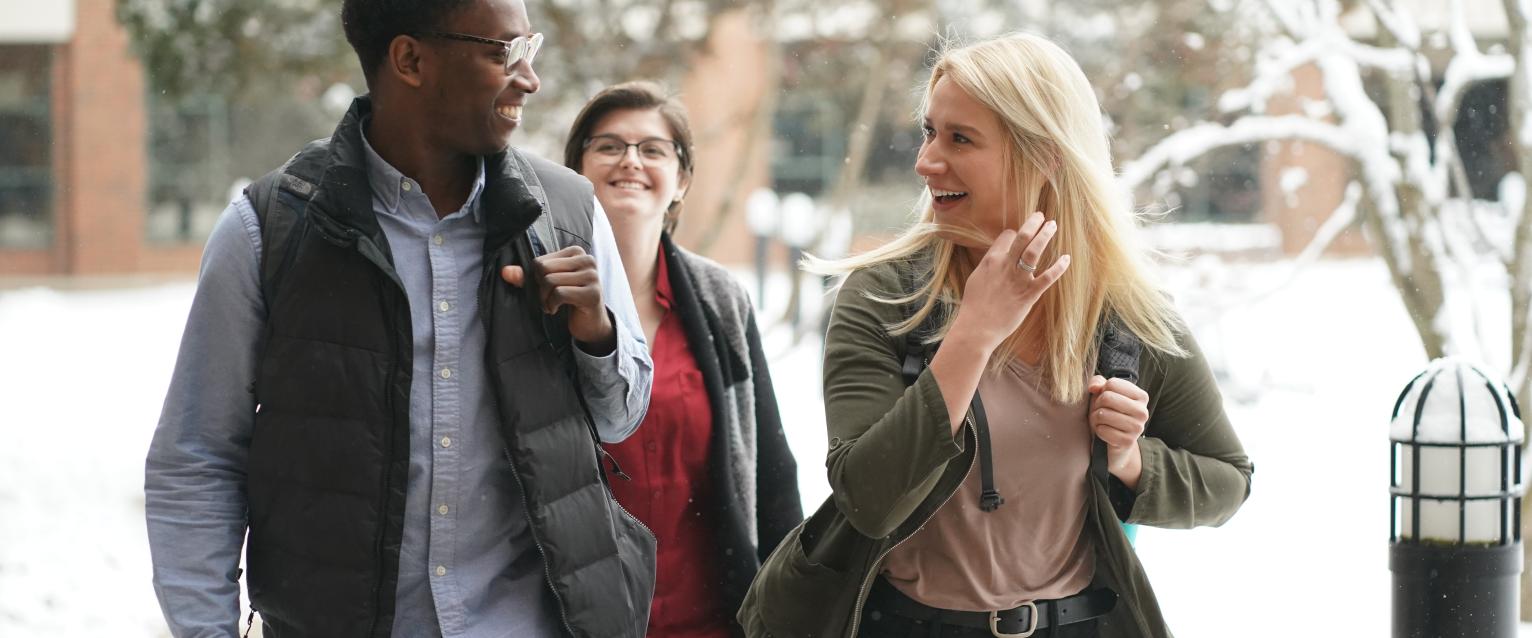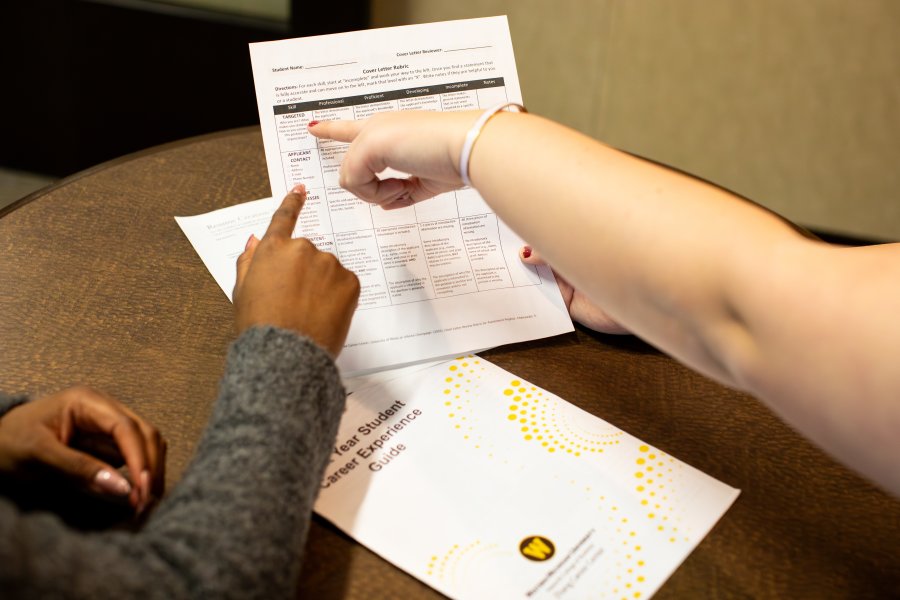Notice: On September 19, 2025, the White House issued a new Presidential Proclamation: Restriction on Entry of Certain Nonimmigrant Workers.
This affects H-1B petitions (Form I-129) filed after September 21, 2025.
Key points:
- A $100,000 payment is required for petitions filed on behalf of individuals outside the U.S.
- Individuals already in the U.S. (For example, in F-1 OPT status) can apply for a change of status to H-1B without the $100,000 payment.
- Departments or supervisors with questions should contact I3S: email @email or call (269) 387-5865.
For Departments New to H-1B Sponsorship
If your department has never handled an H-1B petition, contact I3S before beginning.
I3S will review:
- USCIS and Department of Labor (DOL) regulations.
- Required forms and documentation
- University procedures for H-1B processing.
Call I3S at (269) 387-5865 to schedule a consultation.
Expected Timelines - Plan Accordingly
H-1B applications are taking longer than usual for USCIS processing. Please plan ahead.
All H-1B applications (new, amended, extended, or concurrent) follow the same three basic steps.
For union-represented positions, Step 1 may be replaced by collective bargaining agreement.
Typical processing times:
- Prevailing Wage Determination (DOL): 3- 7 months
- Labor Condition Application (LCA-DOL): ~7 days (longer if follow-up is required)
- USCIS Petition Processing: ~4-7 months, or 15 days with premium processing
Total estimated processing time : Varies. 3 - 8 months
General Information and Requirements
The information below outlines the basic requirements, responsibilities, and procedures Western Michigan University departments must follow when sponsoring an employee for H‑1B temporary worker status. Please review all sections carefully before initiating an H‑1B request and contact I3S with any questions by calling (269) 387‑5865.



